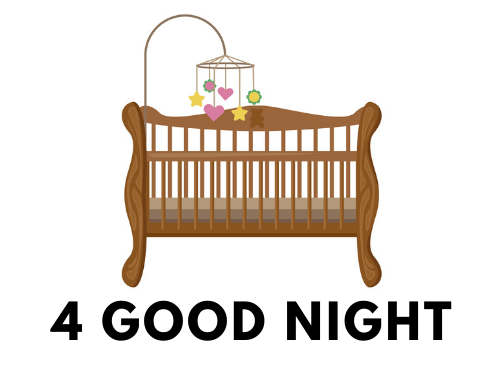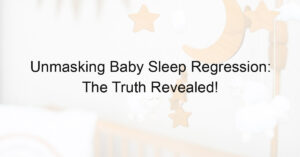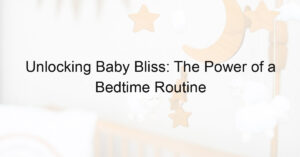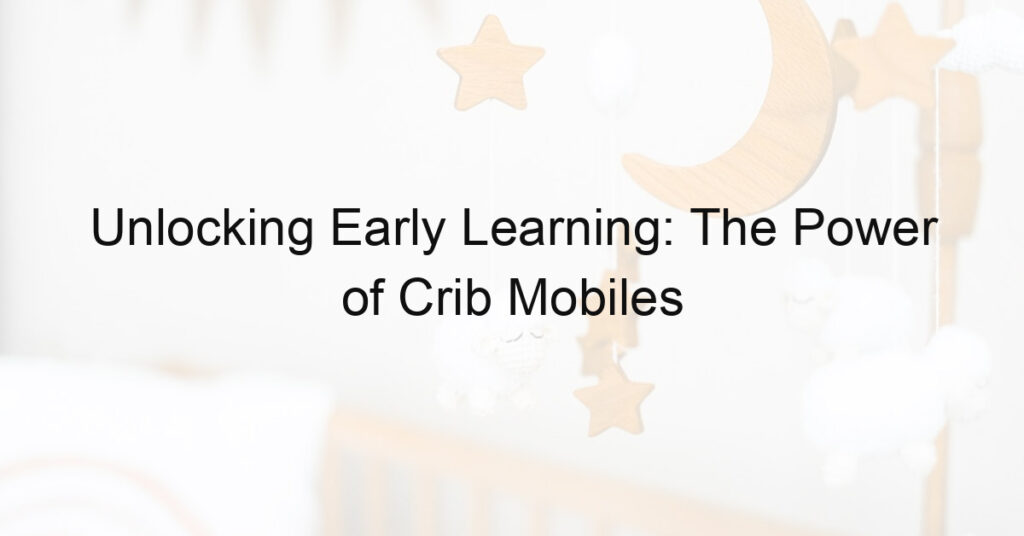Do you have a baby that cries in their sleep? You’re not alone. Many parents wonder why their baby is crying in their sleep and what they can do about it.
In this blog post, we’ll explore why babies cry in their sleep and offer tips on how to deal with it.
So whether you’re dealing with a fussy sleeper or just want to know more about your baby’s nighttime behavior, read on!
Why do babies suddenly cry in their sleep?
Babies crying in their sleep can be a real, head-scratching mystery for parents.
While it may seem like something serious is going on, babies usually cry in their sleep due to normal physical and psychological causes.
Physically speaking, babies can experience indigestion or discomfort due to muscular-skeletal development issues such as gas or reflux.
Psychologically, they may be shouting out in fear from a dream or nightmare.
Surprisingly, hunger pangs aren’t a common cause of sudden crying since babies tend to have an instinctive knowledge of when they require nourishment which will wake them instead.
So take heart next time your little one starts wailing: it’s probably nothing too alarming!
What should I do when my baby cries in his sleep?
When your baby cries in their sleep, it can be a real headache. Try to stay calm and remember that it’s normal for young babies to wake up and cry during the night; it’s nothing to worry about.
It’s important to pick up and comfort your little one if they’re upset, but try not to let them stay in your arms too long so as not to disrupt their sleep routine.
If the tears persist, you can try looking for something that may have disturbed them; is the room too hot or cold, or has something fallen off the nightstand?
Check his diaper too — a wet one could be causing discomfort.
Gentleness and patience are key when dealing with nighttime wails, so take a moment to breathe, reassure yourself that you know what you’re doing and you’ll soon get back to Dreamtime cuddles!
How do I know if my baby is having night terrors?
As a parent of a young child, watching them suffer through night terrors can be heartbreaking.
However, it is important to know the signs and symptoms so that you can understand and mitigate the occurrences. One tell-tale sign is intense, inconsolable crying.
Additionally, your baby may have wide eyes and seem disoriented or confused.
To help prevent night terrors from recurring, ensure that your baby is comfortable when going to bed by providing a space with adequate temperature and darkening the room enough so that there aren’t any distractions or too many stimuli to keep your baby up at night.
You may also try reducing stress levels before bedtime to help prevent night terrors from occurring.
What causes night terrors in babies?
Night terrors are mysterious episodes of fear and distress that can affect infants and young children.
They can be incredibly unsettling for parents because the child wakes up suddenly, screaming and thrashing about, appearing to be terrified.
While the exact cause of night terrors is not yet known, experts believe they may arise from a combination of environmental factors such as noise or changes in their sleep environment, along with internal triggers like extreme tiredness or stress.
Strategies such as calming your baby before bedtime, maintaining a consistent bedtime routine, trying to limit stimuli in the bedroom such as loud noises or excessive lights, and making sure your little one gets enough restful sleep will help overcome night terrors.
Should I wake the baby crying in sleep?
When you hear your baby crying in their sleep, it can be a difficult decision to make whether or not to wake them up.
It is important to weigh options such as the age of the baby and how long they have been sleeping. It may be better to wait a few minutes before making the decision.
If the baby is old enough, a gentle pat or gentle talking may help soothe them back to sleep if that is what you wish for them to do. If not, gently waking them and comforting them may work better.
Make sure that whatever decision you make fits best with your baby’s sleep habits, as well as understand why it is essential for them to get adequate rest.
No matter what you decide, caring for your baby should always be the priority.
Conclusion:
Ultimately, baby sleeping and crying can be stressful for the infant and the caregiver.
It is important to understand why an infant might be crying in sleep because this could be indicative of a larger issue.
Learning these reasons and possible solutions can help caregivers handle the situation with greater ease and mastering it will feel like a great success!
Every child is different so this process may take some trial and error but do not be afraid to try different approaches.
Utilizing techniques such as swaddling, white noise, creating a consistent bedtime routine, or using calming scents will help relax babies and make sleep much easier for everyone involved.
Taking care of an infant or toddler can be difficult work but it is also utterly rewarding too!














